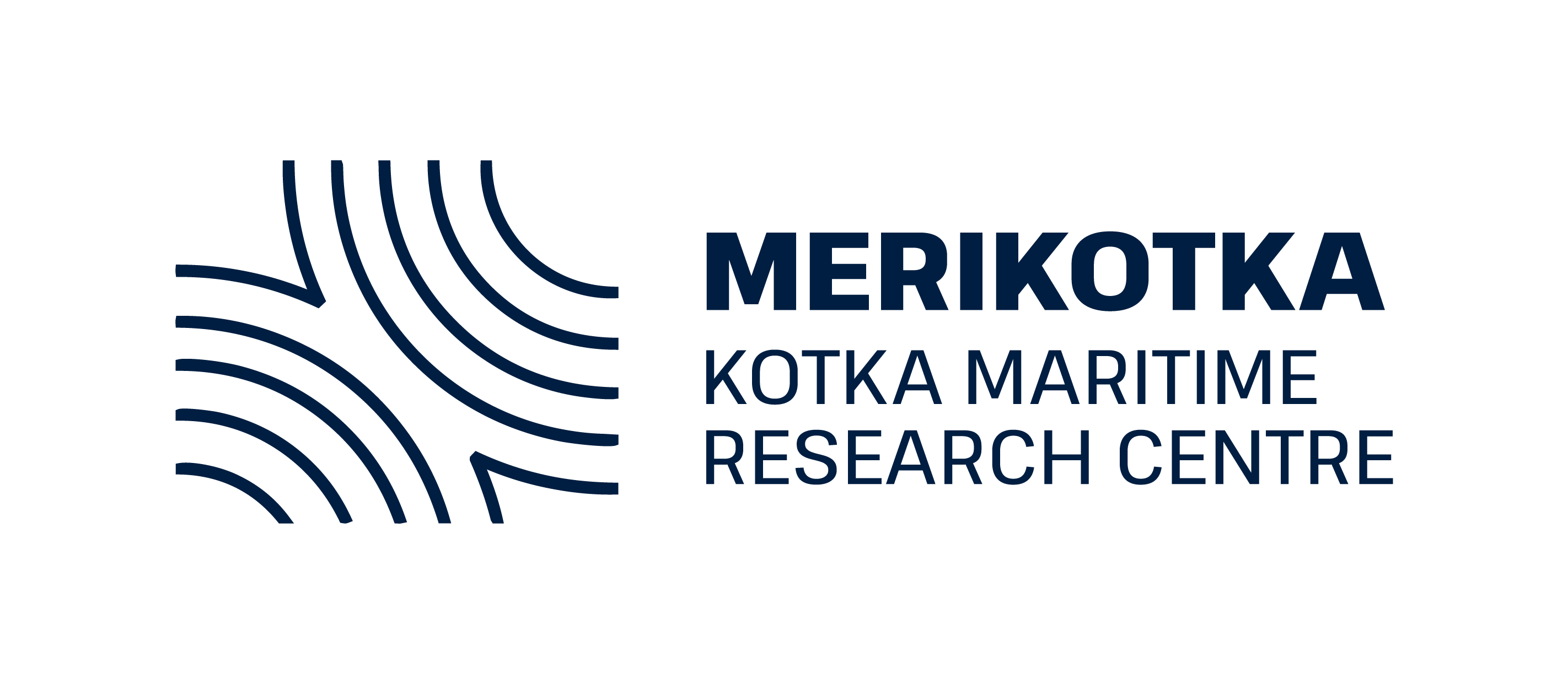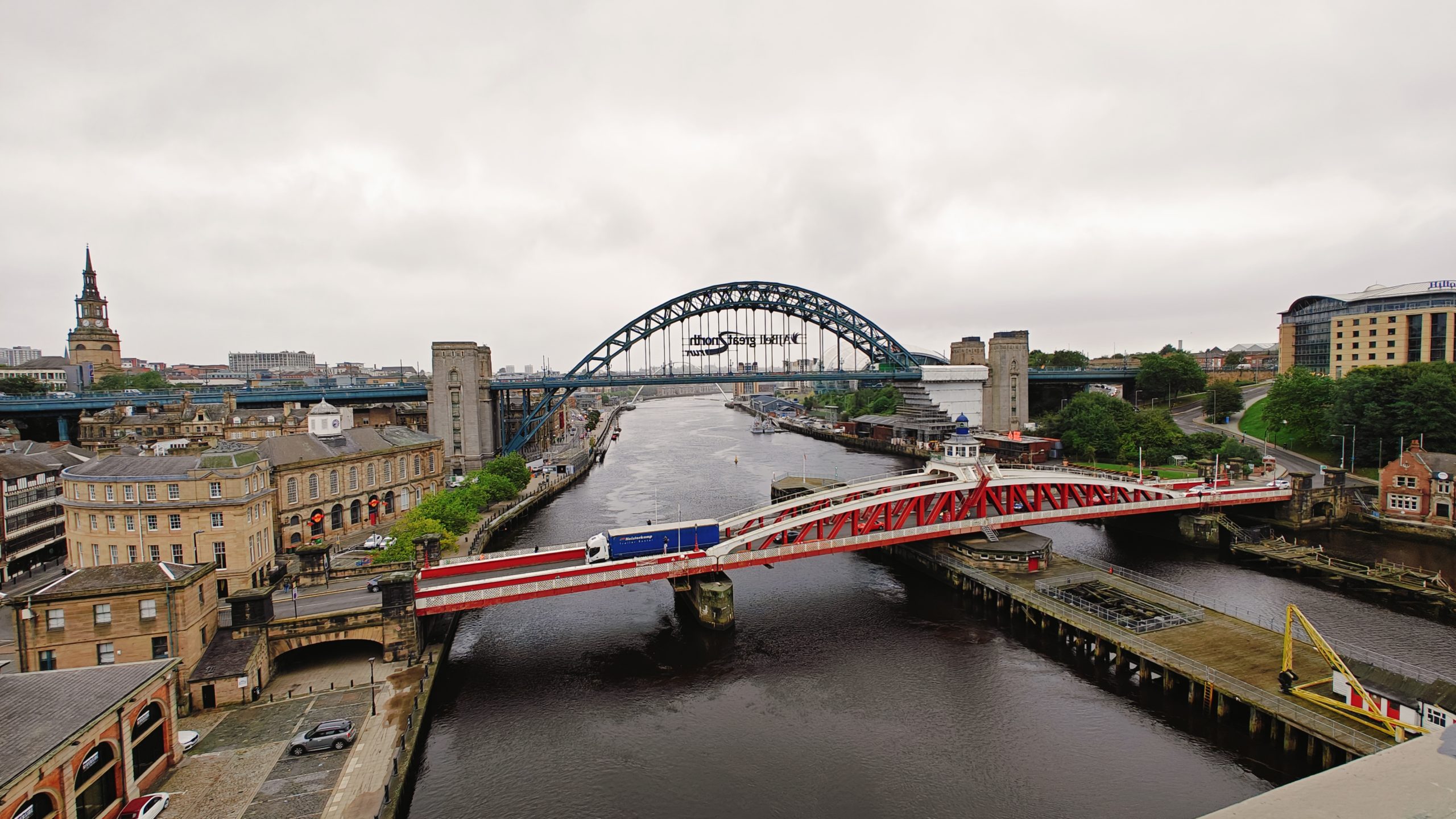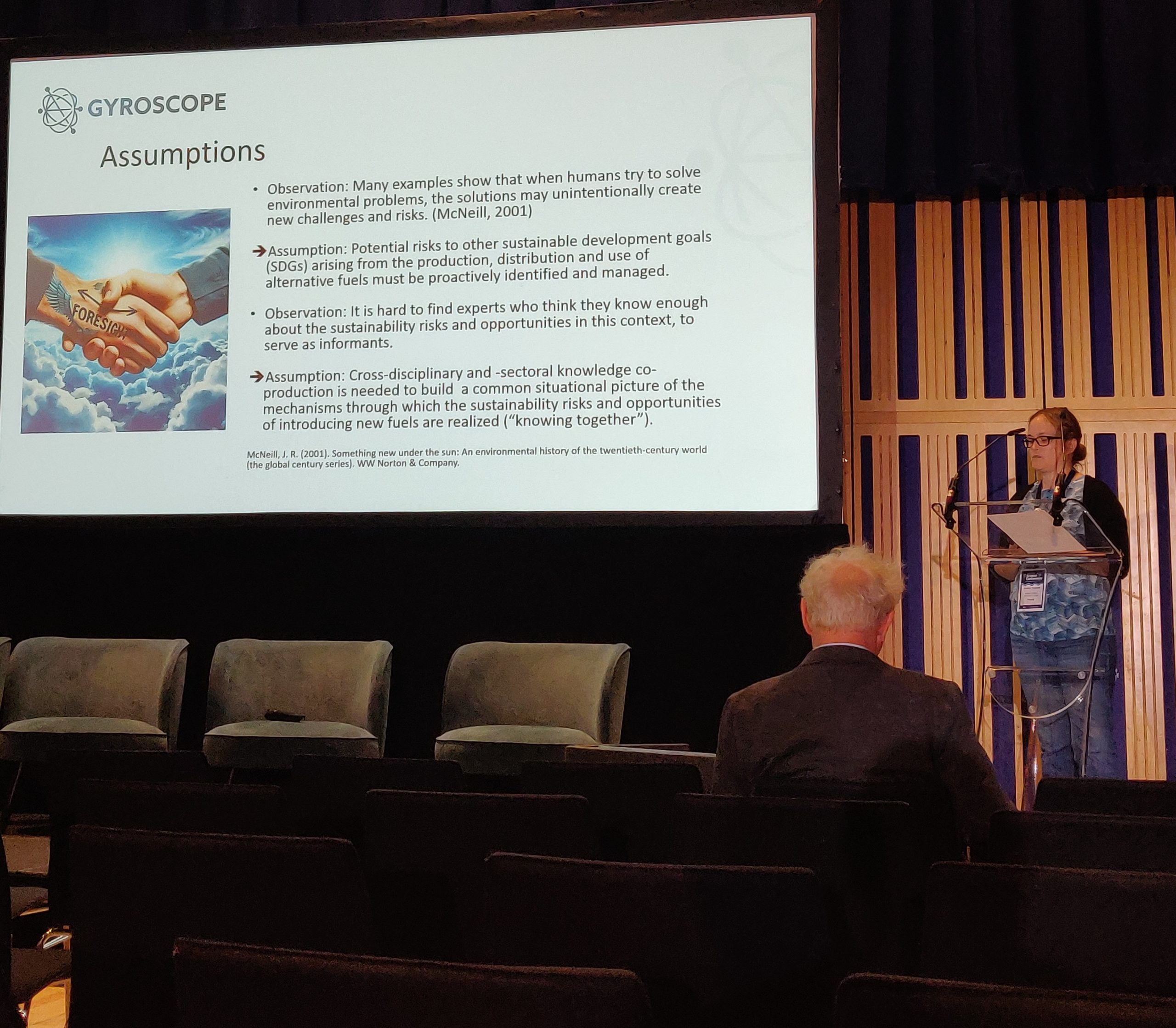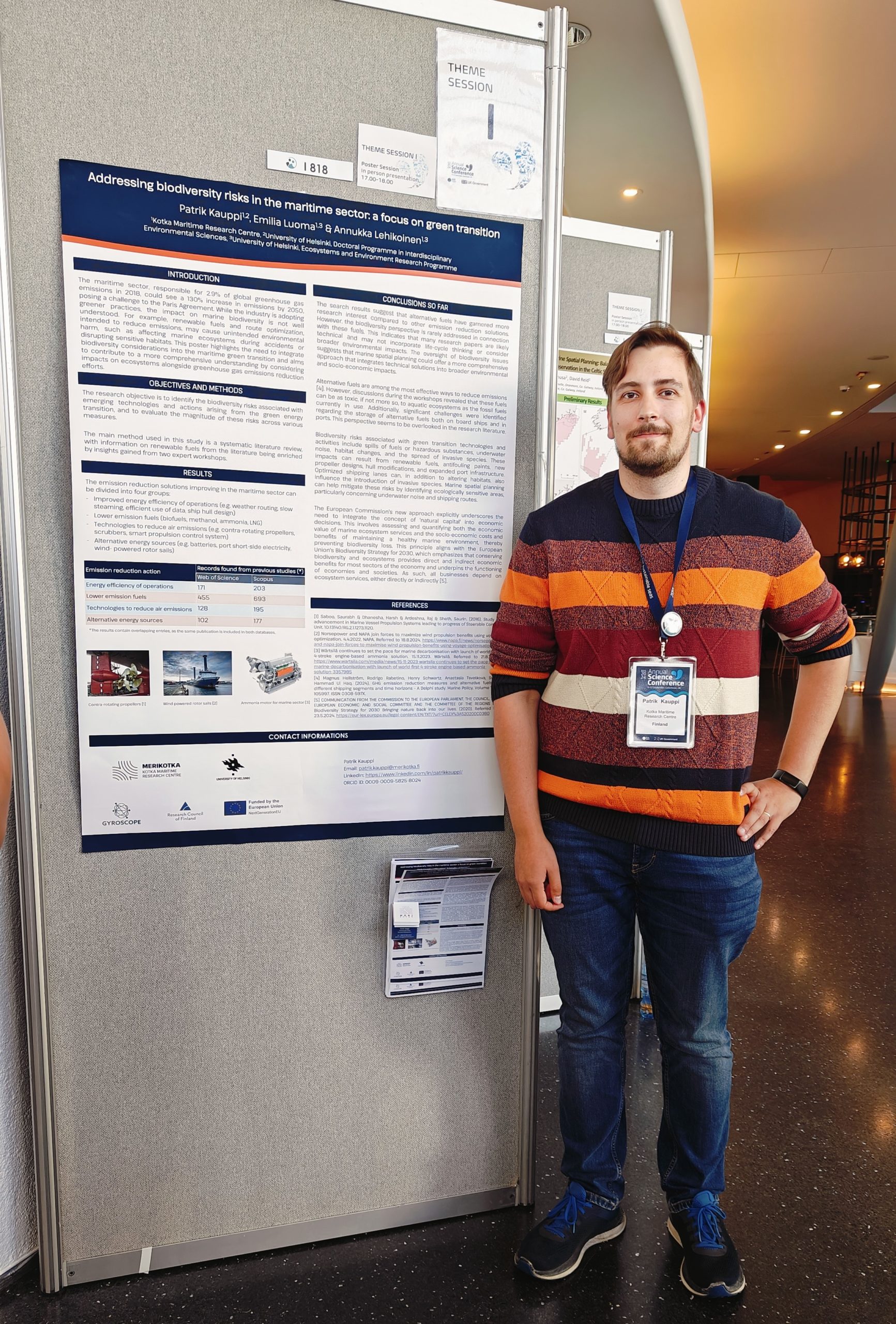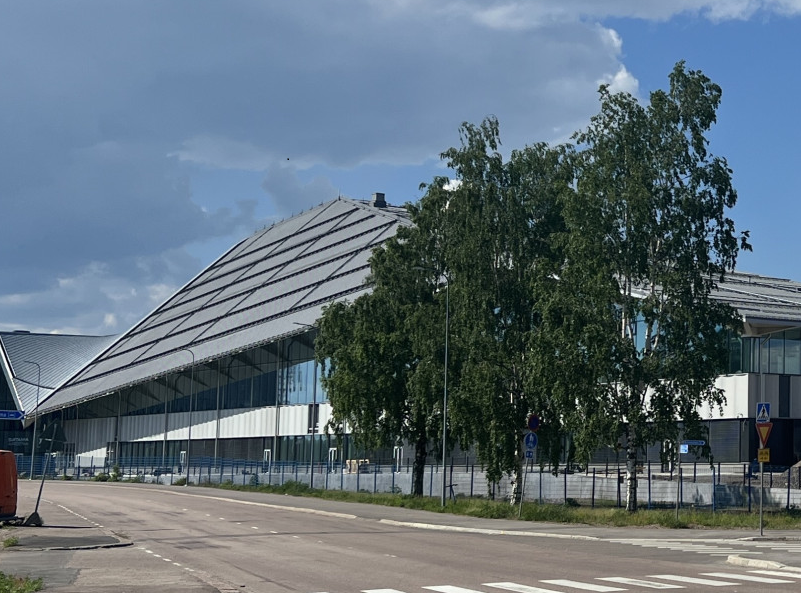Meriam Chaal, a member of the Kotka Maritime Research Centre’s research community, will defend her doctoral thesis on 11 January 2024 at Aalto University, in the field of marine technology. The opponent will be Professor Gerasimos Theotokatos, Director of the Maritime Safety Research Centre at the University of Strathclyde, Glasgow, Scotland, United Kingdom.
The thesis, titled “Advancing Safety in Autonomous Shipping Through Modern Hazard Analysis Methods: A System-Theoretic Approach”, consists of three scientific articles and a summary section.
Maritime Autonomous Surface Ships (MASS) refer to vessels that rely on autonomous technologies for navigation, control, and operation. They utilize advanced sensors and communication technologies as well as machine learning and computer vision algorithms to perform various ship functions.
Autonomous vessels are expected to enhance maritime safety, ship energy efficiency, and the effectiveness of the logistics chain. “Autonomous ship systems are likely to play an increasingly important role in future shipping”, Meriam Chaal says. “The ongoing transition, however, introduces new safety challenges that necessitate rigorous risk assessment and innovative safety frameworks”, she continues.
In her thesis, Chaal first explores the historical development of risk, safety, and reliability considerations in autonomous shipping. Then, integrating a qualitative systemic hazard analysis technique (Systems Theoretic Process Analysis) with a quantitative systems and decision analysis method (Bayesian Network), she proposes and demonstrates a novel approach for conducting risk assessments of autonomous ship systems. The proposed approach is compatible with the most used maritime risk and safety assessment procedures. It supports identification of the unique risks and knowledge needs associated with autonomous navigation systems and enables evaluation and prioritization of alternative risk control measures.
“My thesis serves as a technical compass guiding the maritime industry towards enhanced safety in the age of autonomous shipping,” Meriam Chaal summarizes and continues: “As autonomy is transforming the maritime industry, the thesis contributes to setting up the foundations for standardized systems safety engineering for autonomous ships.”
Ms Chaal has conducted her thesis work as part of the Research Group on Safe and Efficient Marine and Ship Systems, led by Assistant Professor Osiris Valdez Banda, who also holds one of the Merikotka (KMRC) professorships.
The thesis summary can be downloaded from the Aaltodoc publication archive.
Written by: Annukka Lehikoinen
